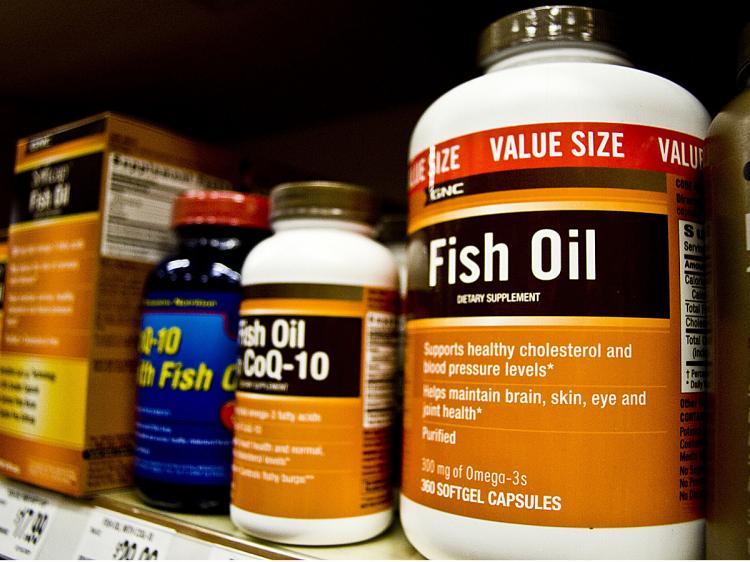The omega-3 fatty acids DHA and EPA are crucial for brain health through all stages of life
One of the foundational principles of the Nutritarian diet is to limit or avoid animal products. Many people know that they need omega-3 fatty acids in their diet, so they eat fish as their primary source of these nutrients. But while a small amount of wild-caught fish (less than 6 oz. per week) may be acceptable, it is still not a favorable source of EPA and DHA. That’s because fish may provide pollutants and other serious drawbacks:
- The excess animal protein can raise IGF-1 levels, into a harmful range.
- Microplastic particles from the dumping of plastic garbage into our oceans and waterways.
- Fish often contains high levels of other pollutants such as methylmercury and PCBs.






